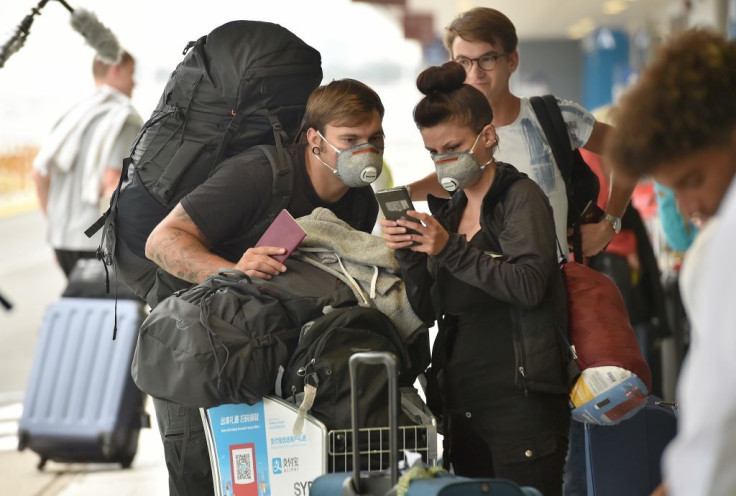The pandemic has put the emotional well-being of many in jeopardy. Given how the uncertainty compounded by the fear of contracting the virus is a big stressor in itself, health experts have observed an alarming rise of a rare health syndrome -- broken heart syndrome.
The health hazard has no connection to COVID-19 per say, but is a result of the extreme worrying and anxiety that surrounds the virus. The condition, which is becoming increasingly common among Americans, entails a host of symptoms followed by intense physical and emotional stress.
“The increase in socioeconomic and psychological stress from the pandemic has literally increased stress cardiomyopathy,” said Dr. Ankur Kalra, an interventional cardiologist at the Cleveland Clinic, one of the experts studying the observation.
The study entailed a group of researchers diving deep into scores of recent cases of 1,914 patients, who checked in to two hospitals in the Cleveland Clinic health system spanning five eight-week periods, four of which occurred before the novel coronavirus’s outbreak and the other, post the pandemic.
Before the pandemic, five to 12 cases were reported across a time period of eight weeks, preceded by a steep rise during the pandemic: the number rose to 20.
Unlike a heart attack, the condition isn’t caused by clogged arteries. But rather, occurs when a part of the heart becomes unable to pump blood effectively. On the upside, broken heart syndrome is curable within a month or two. A volley of psychologists traces the occurrence of chronic stress over prolonged periods of time.
While the symptoms of the condition might correspond with the symptoms of COVID-19 -- shortness of breath and chest pain -- they aren’t interlinked. Despite a steep rise in the phenomenon, medical experts are alarmed to note the reluctance among people to get themselves tested upon experiencing any uneasiness.
“I just worry that people will stay home because they're afraid to be treated,” said Dr. Harmony Reynolds, director of the Sarah Ross Soter Center for Women's Cardiovascular Research at NYU Langone Health to a media outlet. “And that is, coming to the hospital is safe, and it's very important,” he added.

© 2025 Latin Times. All rights reserved. Do not reproduce without permission.




